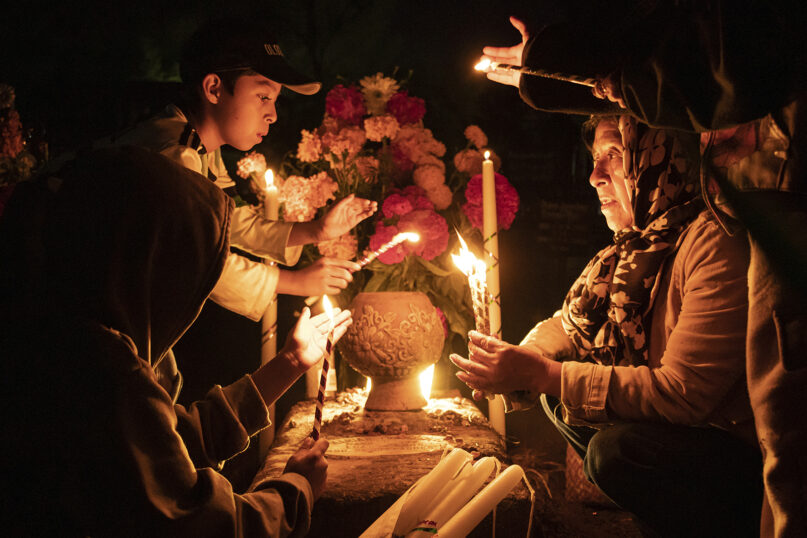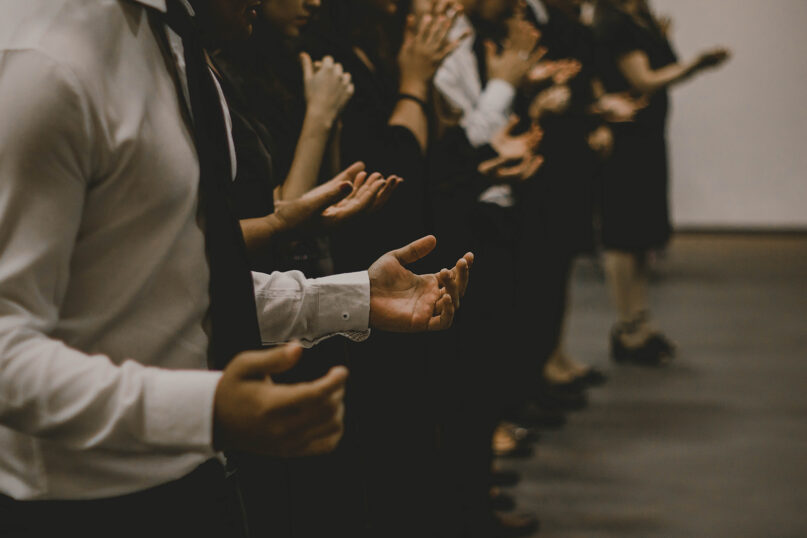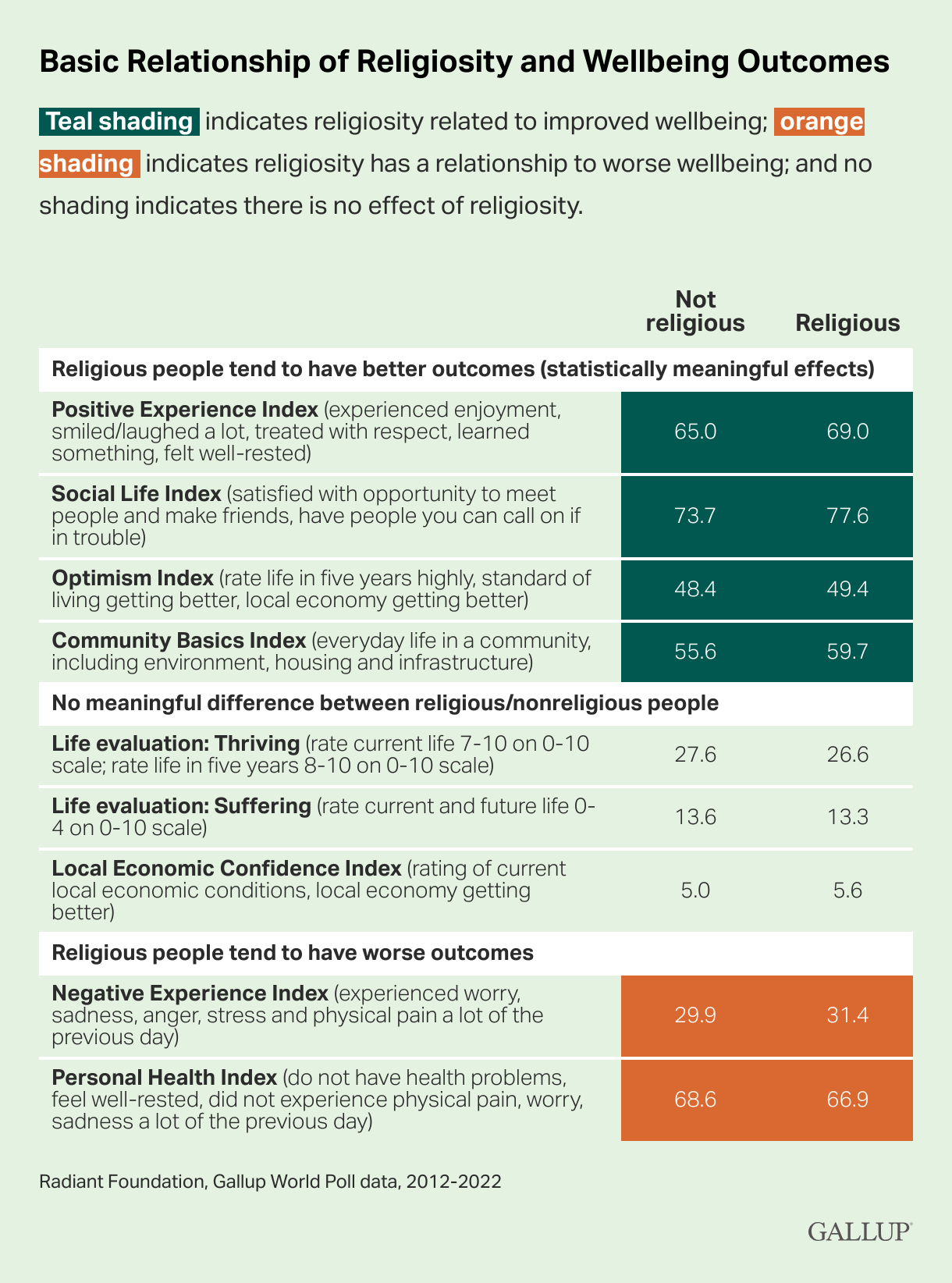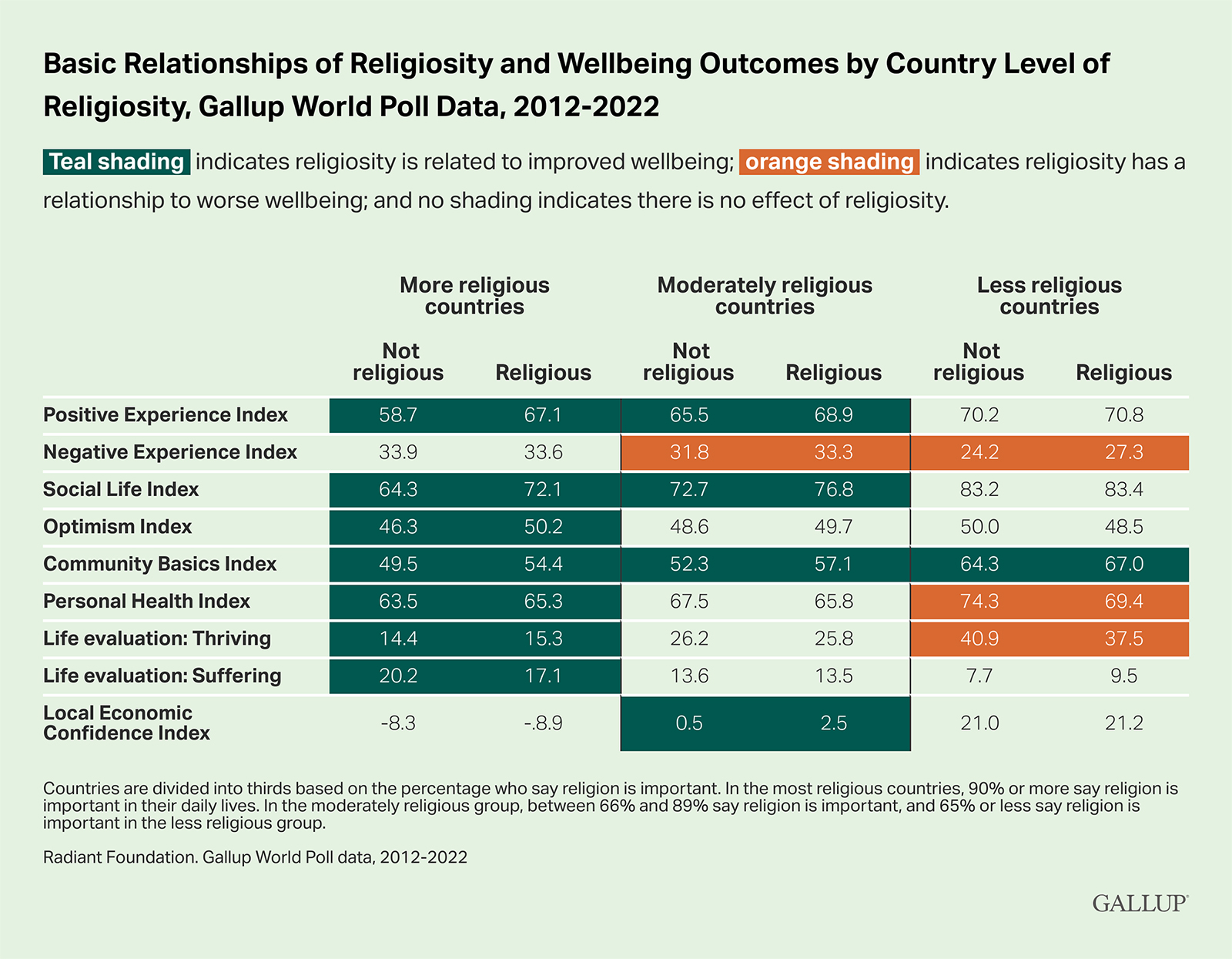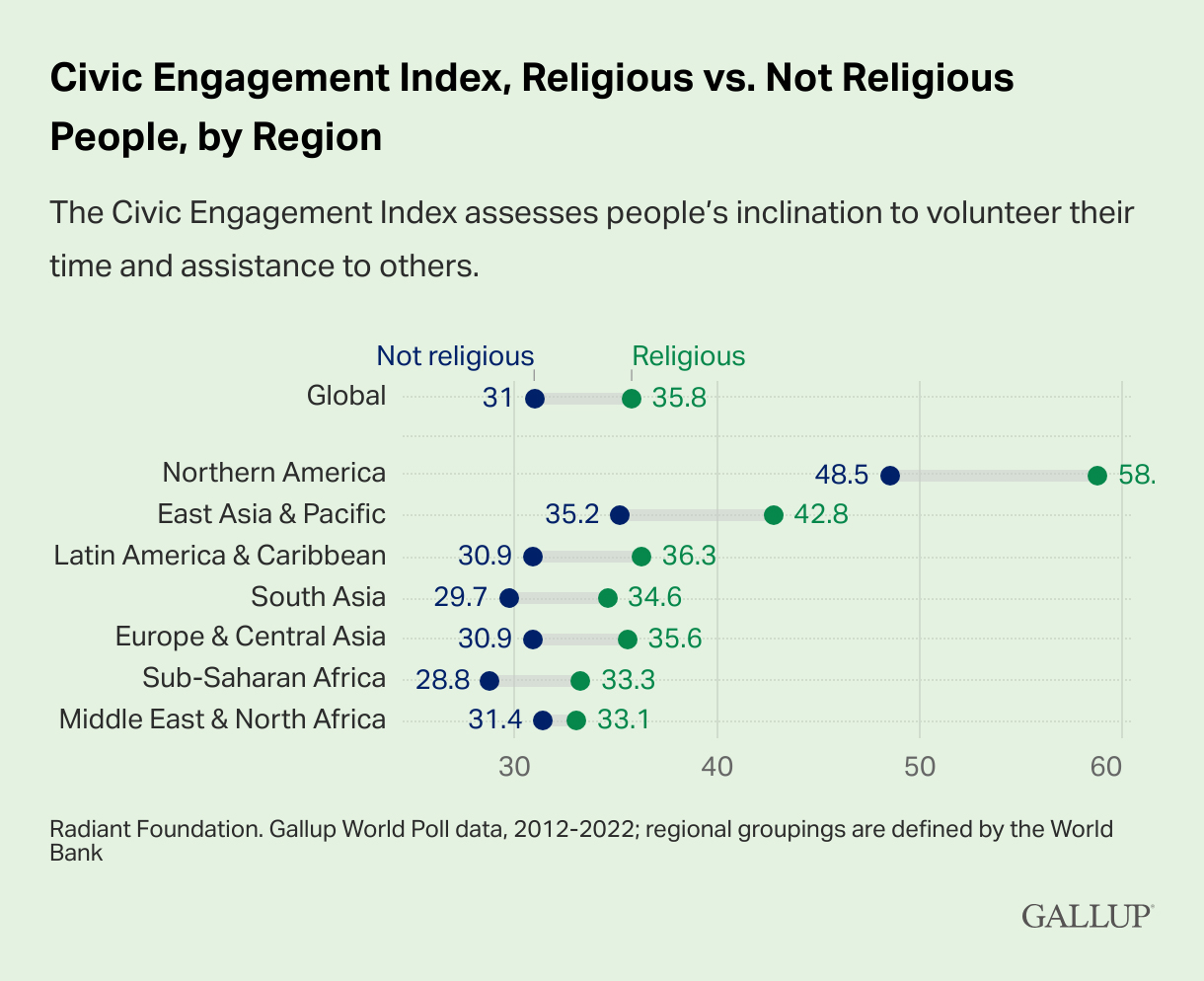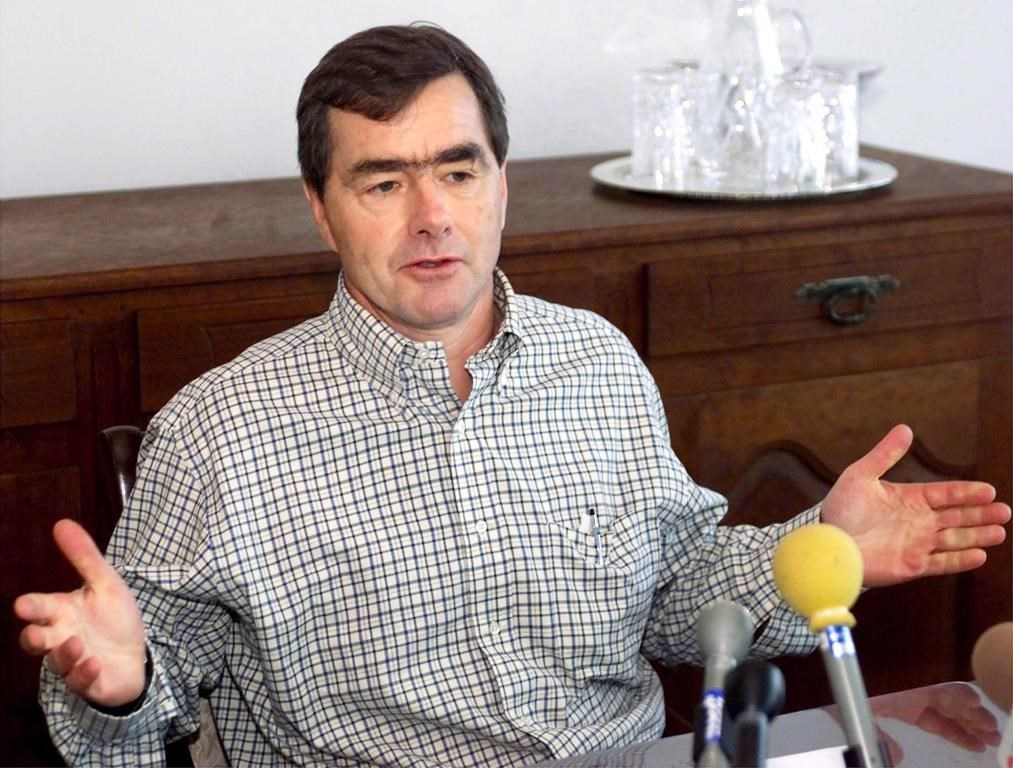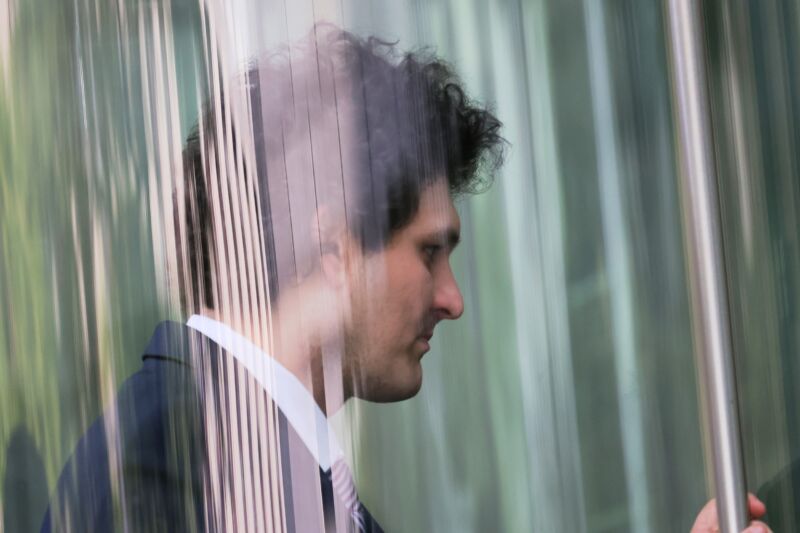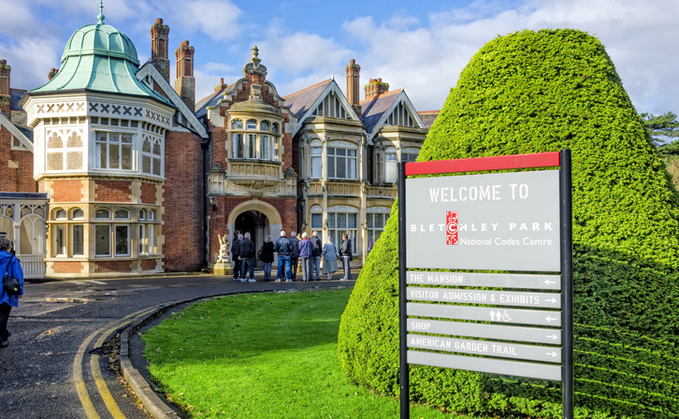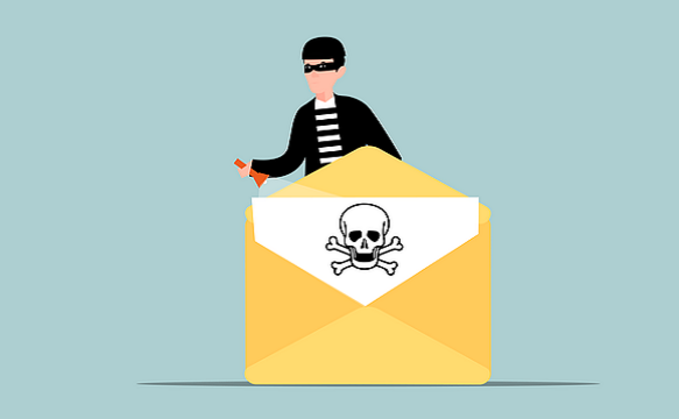Biotech’s repugnant new advance is worthy of everyone’s critical attention
Scientists have swapped human reproduction for a different process entirely.

(RNS) — Scientists have created a human embryo without the use of sperm or an egg — a true test-tube baby. Such embryos cannot (yet) develop into full-grown human beings. Even if transplanted into a uterus, the specimen could never attach to the uterine wall.
Yet, what we have here is still a (disabled) human embryo. Without parents.
Are you disgusted? We believe that if you have a well-formed conscience, this is a good and proper reaction to this development.
We cannot always and everywhere trust a reaction of repugnance; at times, such a reaction is simply the result of ingrained biases and stereotypes. But there is often a certain wisdom in our repulsion. Repugnance can assert itself as a moral alarm and response to real moral distress.
This is such a time.
The creation of a human embryo without sperm and egg shares some important similarities with other artificial reproductive technologies, such as in vitro fertilization and certain surrogacy practices that involve the creation of human embryos outside the human body. Perhaps most strikingly, the procedure overlaps the process of modifying genes using novel techniques such as CRISPR-Cas9. In both cases, a manufactured human embryo is the result of direct human intervention.
Tellingly, CRISPR-Cas9 has been known to be used only once on human embryos. The scientist who performed the procedure, He Jiankui, was roundly and firmly criticized by the medical and ethics community and served a prison sentence for his work. Meanwhile, leading scientists — including Emmanuelle Charpentier, one of the creators of the technique — have called for a moratorium on its use on human embryos.
The creation of a human embryo without sperm or egg also goes beyond what we have seen in previous artificial reproductive technology and genetic engineering techniques. In vitro fertilization and even CRISPR-Cas9 involve direct human intervention in the reproductive process. Yet, all of them work by modifying or intervening with existing human embryos or gametes.
The manufacture of a human embryo without sperm or egg, by contrast, aims to build a human embryo from scratch. The process is less a tweak to human reproduction or bending it to our own will than replacing it with something different altogether. Heretofore we have aimed to eliminate variability, inconvenience or inefficiency from human reproduction. With this new development, the aim is different: to swap human reproduction for a different process entirely.
The charge of playing God comes to mind. The charge is over-attributed and sometimes reveals more about our biases than something morally real, but in this case it is apt. There are at least two kinds of playing God: An overstepping by humans into spheres of action that should be reserved for the divine, and a hubristic attempt to meddle with the world in ways that our all-too-human intellects simply do not understand. In creating human embryos from scratch, we risk playing God in both senses.
One of us is a philosopher and the other a theologian. We are both convinced that a Catholic understanding of reproduction could be a cultural antidote to the toxic understanding of reproduction that has led to the development of an eggless, spermless embryo. Our position is not aligned with some kind of revisionist attempt to “take us back to the 1950s” (or some such dismissive phrase), but is rather at the heart of the perspective that Pope Francis and the Vatican reaffirmed just a few months ago.
As Christianity yields to a consumerist reproductive throwaway culture, the logic of the marketplace takes over. Instead of seeing the creation of new human beings as pro-creation with God (our ultimate creator), who offers them as an unmerited gift, we now think of it as yet another transaction between individuals. I have resources (money, insurance) and you have skills and facilities (medical training and fertility labs)? Well, then who is anyone to come between autonomous actors pursuing their self-interests?
Our post-Christian culture is already well advanced down this pathway, as couples, individuals and even “throuples” demand control over the embryos and future children they purchase in the marketplace. We’ve had decades, actually, of privileged people demanding the ability to purchase ova and sperm based on the donor’s IQ, attractiveness, participation in varsity athletics, and more. Sex selection is par for the course in many contexts. And of course our throwaway culture simply discards the prenatal human beings who don’t fit the market-based criteria.
But here again we have something that is genuinely new. Instead of modifying or intervening (albeit dramatically!) into the process God created for procreation, this new technology has the potential to obliterate it. Catholics, other Christians and all people of good will must make our voices heard on this and work to make creation of such embryos illegal.
It may seem, and we may be told, that we can trust the process to stay where it is — that no actual reproduction would ever take place using this new technology. But the history outlined above shows that is a very, very bad bet. In a culture that becomes more and more dominated by the logic of the marketplace and by a commitment to a kind of relativism that welcomes virtually any vision of the good, who are we to impose our view onto others who think differently? They should be able to make their transaction and we should butt out.
It will do us no good to pretend that this is a retreat to a kind of moral neutrality. The marketplace has its own logic and its own goods. It rewards the privileged while exploiting the marginalized. There is no view from nowhere on this question. No neutral place to hide. We can and must explicitly and firmly take a stand with a particular vision of the good. And the Catholic vision stands ready to provide precisely what is necessary in this context.
Unfortunately, there are forces even within the church itself that are apparently trying to undermine the Church’s teaching in this regard — precisely where it is so obviously and importantly true and needed the most. Those of us who agree with Francis’ vision of resisting a consumerist, throwaway culture with the logic of gift and openness to life must redouble our efforts to make our voices heard on this new and repugnant biotechnological development.
(Joe Vukov is an associate professor of philosophy and associate director of the Hank Center for the Catholic Intellectual Heritage at Loyola University Chicago. He is also the author, most recently, of The Perils of Perfection. The views expressed in this commentary do not necessarily reflect those of Religion News Service.)
Teoriaevolutiva.files.wordpress.com
